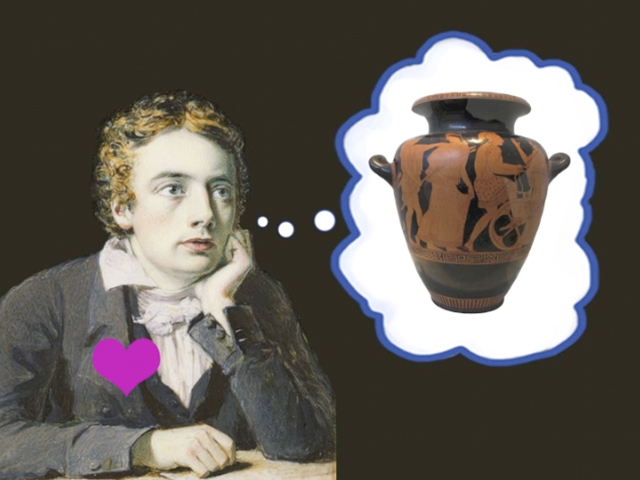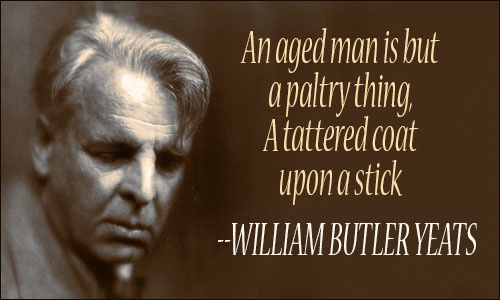All participants in this august August scholarly assembly will present their papers in complete silence.
"We believe this will be the first time a collection of scholars have agreed to read their essays to themselves in front of an audience of their peers," said an English department spokesperson who wishes to remain anonymous. "We're insisting they not even move their lips, because, let's face it, you're not really reading to yourself if you're moving your lips."
But why the silent treatment? Professor Mallard Beckwith, brain parent of Delbert College's latest flirtation with the boundary separating genius from the absurd, explains:
"Authentic scholarship belongs only in the realm of Ideas, so when a scholar attempts to transfer an idea into language, she inevitably dilutes and cheapens the original. What began as, to borrow a Walter Paterian phrase, 'a hard gem-like flame' becomes a mere glowing coal, a dying ember.
"Words serve only to trivialize the necessarily impenetrable thoughts of a gifted intellectual. To exacerbate matters, the Ideas are even further sullied and degraded when a dull mind -- i.e., the listener or reader -- attempts to decode them in their already diluted condition. So by the time the original settles comfortably into a vulgar mind, it is little more than, well, an ash.
 |
| "Still unravish'd bride of quietness" |
"Thus, to save their Ideas from the vulgarization process -- la decadence de purete, if you will -- the more profound academicians tend to clothe their ideas in words only they themselves can understand, believing, in short, it is better for their words to be meaningless than to be misunderstood.
"Misunderstanding is likely whenever there is spoken communication. People 'hear what they want to hear and disregard the rest,' as the poet says.* But the Silent Conference will eliminate such futility. The 'listeners' will no longer misinterpret scholarly papers. Instead they will be free to reconstruct the ideas strictly in the realm of Ideas.
"There will be no 'clothes' for ideas at this conference. There will be no dying embers at this conference, only pure flames, yes, an Intellectual Pentecost with tongues afire, a Conflagration of Ideation and Conversation, a -- well, you get the idea."
Professor Beckwith admitted there were more mundane reasons for having a Silent Conference.
"Frankly," he whispered, glancing over his shoulder for possible eavesdroppers, "no one ever listens to papers at scholarly conferences. Some are too hungover to listen, some are too depressed over their own miserable attempts to transfer ineffable Ideas into the time-space continuum, others are pondering plans for the classes they are obligated to teach when they return home.
"A friend of mine who participated in the recent Edgar Guest** symposium ('A Guest or Aghast?: House and Homewrecking in Edgar Guest's Canon') admitted to mentally replaying the entire 1962 World Series*** while a scholar presented 'Second Gues(s)t: Vision and Revision.' "
Here Beckwith swung his pipe*+ like a bat, scattering ashes over a stack of ungraded freshman essays -- themselves youthful attempts at luring ineffable Ideas into the net of language.
Beckwith closed by sharing the genesis of the upcoming disauditorified event. "One day when my grad-school Irish Lit professor missed a class due to whiskey, a young, idealistic sub brought in a vinyl recording of the great Irish actor Cyril Cusack*++ reading William Butler Yeats's poems to himself," Beckwith said.
"The only sound emanated from Cusack's soft fingers turning the pages of The Collected Poems of William Butler Yeats, the Definitive Edition, with the Author's Final Revisions, published by Macmillan Publishing Company, the 1950 Second Edition.
"God, what a moving experience. Just the thought of appreciating all that great poetry at the purest level gave me chills. Not surprisingly, some of Yeats's lesser-known poems were just as satisfying when 'heard' this way.
"Needless to say, I fully expect the Silent Conference to be equally rewarding."
*Simon and Garfunkel's "The Boxer," later covered by Bob Dylan
** Edgar Guest was a popular platitudinous poet in the 1940s and '50s. Scorned (rightfully) by poetry scholars, he was best known for the ol' bromide, "It takes a heap of living / To make a house a home."
***Only Yankee second-baseman Bobby Richardson's diving catch in the bottom of the 9th of a Willie McCovey line drive prevented the San Francisco Giants from winning the series.
*+Back in the day, professors always smoked pipes, like, with tobacco in them
*++Not a fabricated name. He played the sculptor in Harold and Maude.


I am literally speechless.
ReplyDeleteOkay, now that's funny.
Delete